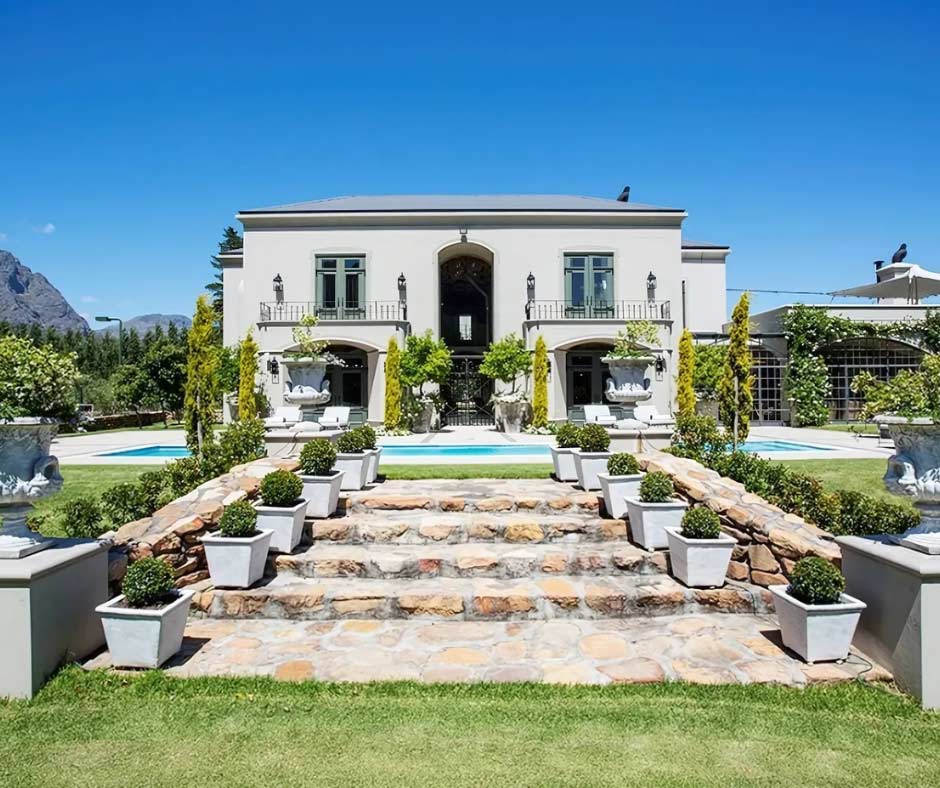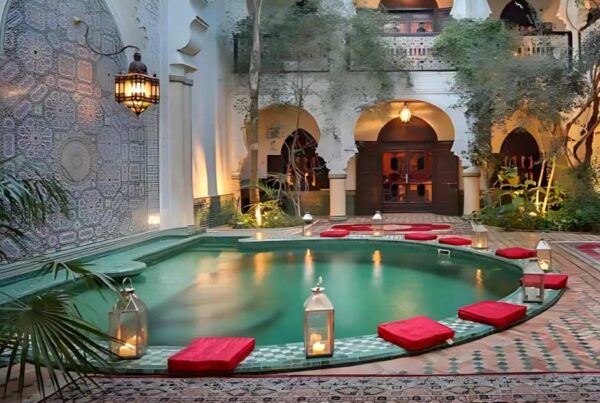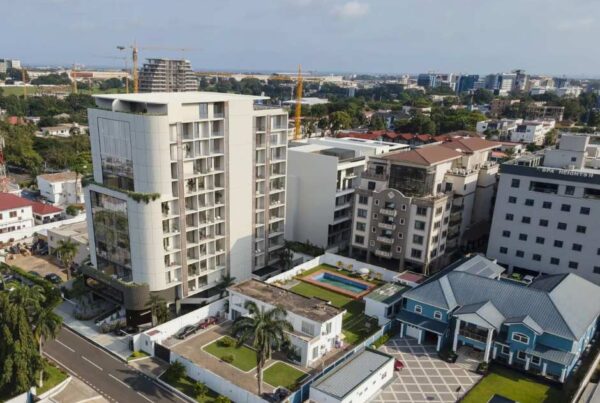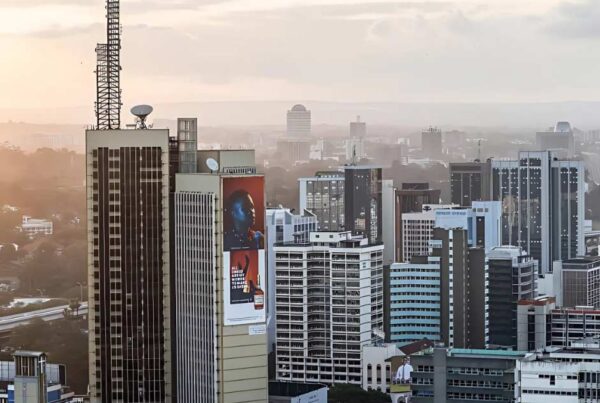Nestled beneath majestic mountains and surrounded by centuries-old vineyards, South Africa’s Cape Winelands—including the towns of Stellenbosch, Franschhoek, Paarl, and Somerset West—have long been known for their rich heritage, fine wines, and tranquil landscapes. But in the post-pandemic era, the region has evolved into more than just a weekend escape. It is fast becoming one of the country’s most sought-after luxury residential destinations, offering both a premium lifestyle and resilient investment returns.
The global shift toward remote work, greater lifestyle flexibility, and a renewed focus on wellness has pushed South Africans and foreign buyers alike to reconsider where they live. The Cape Winelands—already equipped with world-class infrastructure, private schools, and healthcare—offers an ideal blend of serenity and sophistication.
Property demand has surged across secure lifestyle estates, boutique farms, and historic homesteads. Estates such as Val de Vie, Pearl Valley, Boschenmeer, and De Zalze have become magnets for high-net-worth individuals, with homes regularly selling for R20 million to R50 million (USD 1.1 to 2.7 million).

What sets these estates apart is the fusion of security, sustainability, and sophistication. Residents enjoy top-tier amenities including golf courses, equestrian centers, wine cellars, spas, nature trails, and private schools, wrapped in natural beauty and underpinned by strong community governance.
According to Lightstone Property Analytics, average property prices in top estates within the Cape Winelands grew by 7% year-on-year in 2023, outpacing most of South Africa’s urban markets.
The Cape Winelands’ allure extends well beyond South Africa’s borders. The region has seen increasing interest from buyers in the UK, Germany, the Netherlands, and the United Arab Emirates, many of whom seek second homes or retirement retreats with a Mediterranean-like climate and lower cost of living.
South Africa’s favorable exchange rate makes luxury properties especially attractive to foreign buyers. For example, a European investor can acquire a spacious four-bedroom villa with vineyard views for the equivalent of what a compact city apartment would cost in London or Munich.
The Residence-by-Investment programs and relatively low property taxes (compared to European or North American markets) further enhance the Cape Winelands’ global appeal.
A Dual Purpose: Lifestyle and Income
In addition to lifestyle, many buyers are attracted by income-generating opportunities. Boutique guesthouses, wine estates with short-term rental cottages, and agri-tourism operations allow owners to blend passion with profit. Platforms like Airbnb and LekkeSlaap have made it easier for homeowners to capitalize on the region’s booming domestic and international tourism.
Events such as the Franschhoek Bastille Festival, Stellenbosch Wine Festival, and Paarl Harvest Celebration continue to draw thousands of visitors annually, ensuring steady demand for short-term rentals.
Investors are also drawn to the long-term appreciation potential, as available development land becomes increasingly scarce due to heritage preservation policies and zoning restrictions.
Affordability, Challenges, and Emerging Areas
While luxury markets thrive, concerns about housing affordability remain for middle-income families and first-time buyers. Developers are beginning to focus on mixed-use developments in peripheral areas like Wellington, Stellenbosch South, and parts of Paarl East, offering smaller units with access to shared amenities, priced under R2 million (USD 105,000).
However, the region is not without its challenges. Electricity reliability, though partially mitigated by solar and backup systems, remains a concern. Water security, historically a stress point during drought years, is now better managed through local boreholes, rainwater harvesting, and efficient irrigation technologies in newer estates.
Planning approvals can also be slow due to strict heritage and environmental regulations, though many residents see this as a positive, helping to preserve the area’s charm and ecological balance.
The Cape Winelands is at the forefront of eco-conscious real estate in South Africa. New developments emphasize sustainable architecture, off-grid capabilities, and low-impact building materials. Estates like Sitari Country Estate and Anura Vineyards are leading examples, offering solar energy systems, rainwater collection, and organic waste recycling.
For environmentally minded buyers, these features are more than perks—they are requirements. And for developers, it’s a smart strategy in a market where climate resilience is increasingly valued.
With its rare combination of natural beauty, strong infrastructure, safe living, and leisure lifestyle, the Cape Winelands offers something few regions can match: a refined, secure, and rewarding place to live and invest.
Whether it’s sipping Chenin Blanc on a terrace in Stellenbosch or waking up to vineyard views in Franschhoek, buyers are discovering that the Cape Winelands is more than a destination—it’s a way of life. As long as the desire for balance, space, and elegance drives real estate decisions, this region will remain at the heart of South Africa’s quiet luxury renaissance.







